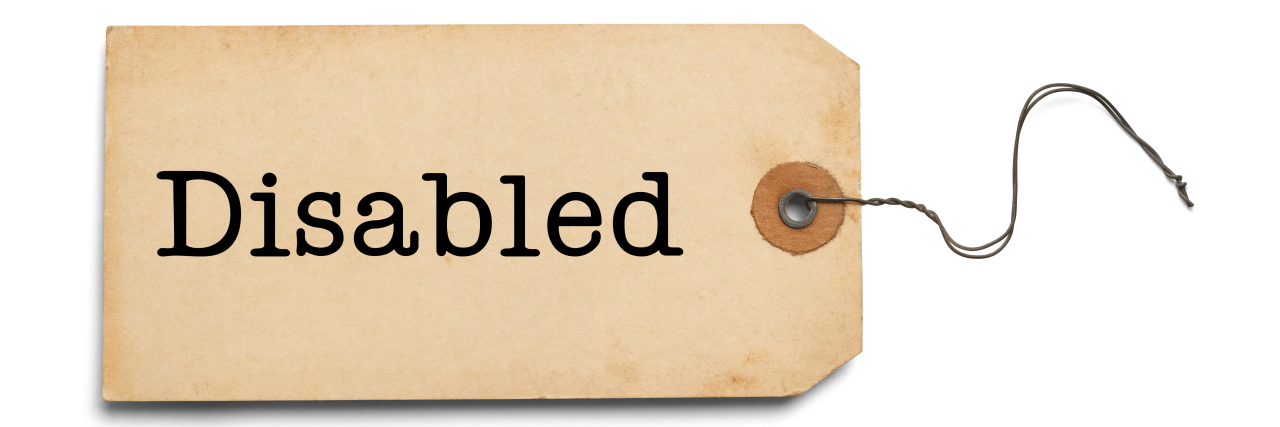Would you feel comfortable with somebody judging you solely on your appearance? I was born with a neurological disorder called cerebral palsy. I cannot walk independently. I mainly rely on my motorized wheelchair to get around. I communicate with a speaking program on my iPhone. I understand that my uniqueness draws attention. I have no problem with answering questions. I actually love when people are curious about my condition. It makes me happy to provide some insight.
I believe curiosity leads to acceptance. The more people understand, the more they are willing to accept. Acceptance is what most individuals with disabilities want. At many moments of my life, I have had people ask me stereotypical or nonsensical questions. Here are a few examples:
- “What’s wrong with you?”
- “So can you move your legs?”
- “Do others speak as unclearly as you?”
- “Can you have sex?”
- “Is your husband disabled too?”
- “Do you really have a college degree?”
- “Do you live in a group home?”
- “Can she understand me?” (Asking the person I am with)
It is like people do not consider my feelings before they ask absurd questions. I always feel disrespected. I understand that a person usually relies on stereotypes when he or she does not understand. I admit I have been guilty of stereotyping a few people before getting to know them better. It is easy to label people or conditions by using characteristics and definitions that are popularly known. However, our society is constantly changing. Individuals with physical and mental disabilities are less hidden from the public now. Most are getting a proper education and living their best lives.
If you want to know more about somebody’s condition, start a conversation with that person and ask non-stereotypical questions. Here are a few more appropriate questions:
- “Were you born with this condition?”
- “How does your condition affect you physically?”
- “How do you communicate with others?
- “Do you work or go to school?”
- “What do you do for fun?”
You can’t assume every disabled person is the same. So embrace individuality. See the able, not the label.
Getty image by Michael Burrell.

